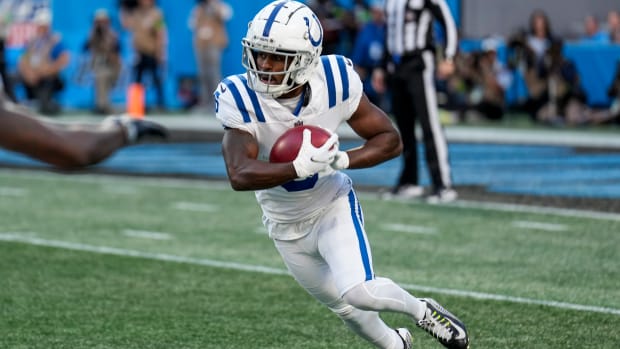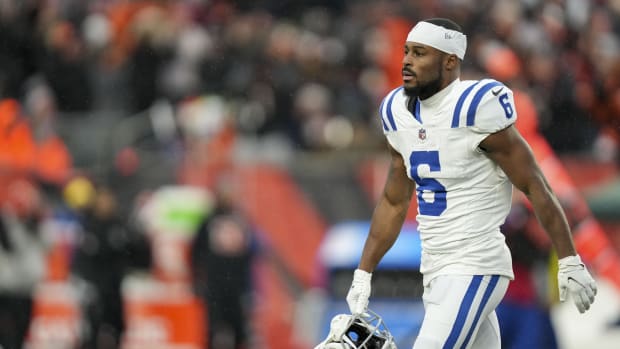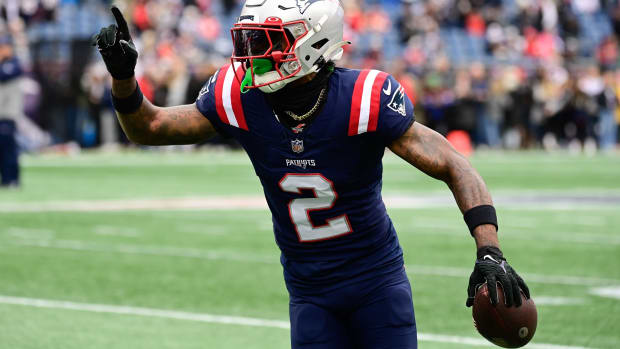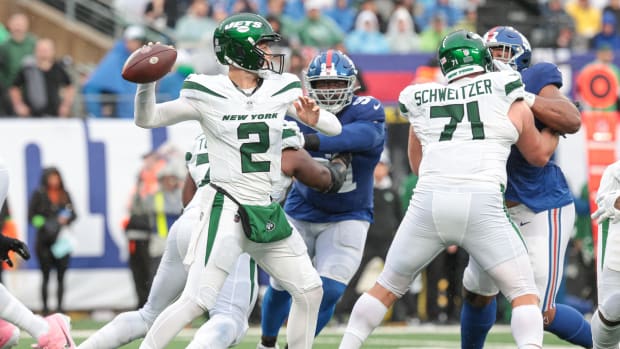Why the Giants Need to Tread Very Lightly Next Off-season in Free Agency
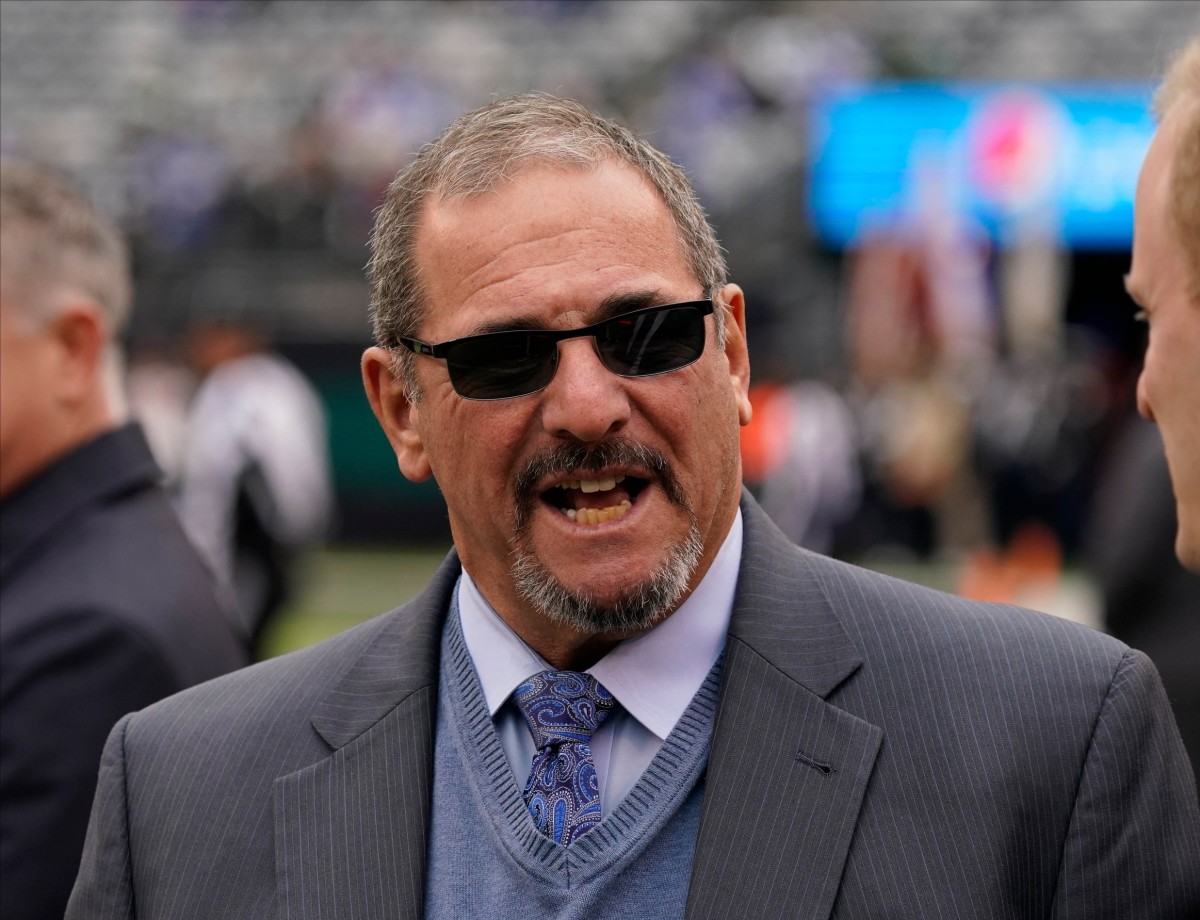
In case you need another case study on why it’s not a good idea to load up on free-agent signings for the quick fix, take a look at the 2019 Giants defense.
Last year, general manager Dave Gettleman, in realizing that Ereck Flowers wasn’t the answer at left tackle, was forced to “overspend” on Nate Solder to the tune of $62 million for a four-year deal. This year, he spent a combined
He also spent over $30 million since being hired on defensive players, money that based on the results of the last two seasons, hasn’t been as well-spent as hoped.
That’s not to say that all those free agents are the reason why the defense has been so bad this season.
Certainly, coaching is a factor—the fact that DeAndre Baker has struggled and that it took so long to get Corey Ballentine and Julian Love into the regular defensive rotation is alarming.
It also much be noted that the talent level is also a factor, especially if you have players who still haven’t quite grasped that what got them to the NFL in the first place isn’t the same thing as what will keep them in the league for years to come.
That brings us to the upcoming offseason. The Giants, per Over the Cap, are projected to have an estimated $58,792,647 in available spending (based on a projected $200 million league-wide cap and a total that doesn’t take into account any post-season accounting nor carryover from 2019) to plug holes on their roster.
But for those salivating over all that money can buy, remember that the Giants have twice had all kinds of ridiculous cap space—in 2014 and again in 2016—in which they spent like out of control shoppers during a post-Thanksgiving sale only to have that spending come back to bite them and not produce the desired consistent results.
The reason for the Giants wild spending was to cover up for the lack of quality depth the draft classes yielded.
That the Giants do not have a single draft pick remaining from their 2010-2015 classes, and only have one player (receiver Sterling Shepard) remaining from their 2016 class, is alarming and is a big reason why the team has had to overspend in free agency on players entering their prime but who were developed by other clubs.
The other ramification for spending like crazy in free agency is that the Giants haven’t necessarily been in a position to compete for top-tier free agents and have struggled to re-sign some of their own homegrown talent that have, on what’s seemed like to be a rare occasion these days, worked out for them.
That leads to the dead money question and if the Giants have collapsed of late under the weight of the dead money they’ve carried.
For those not familiar with what “dead money” is, it’s an amount left behind following the player's removal from the roster.
For example, when receiver Odell Beckham Jr. was traded to the Browns, his remaining $16 million signing bonus, which was prorated at a rate of $4 million per year over the life of his contract, accelerated into the Giants 2019 cap as dead money.
Had the Giants made the Beckham trade after June 1, they would have been charged $4 million of dead money in 2019 and the remaining $12 million in 2020.
(Side note: There will be no post-June 1 designations in 2020 since it’s the final year of the CBA, which means it won’t matter when a player is released or traded; his entire remaining prorated bonus will hit the 2020 cap.)
The short answer is no. Here is two years’ worth of history showing the teams with the top five highest and lowest dead money cap hits, along with their records.
As these tables show, there is no clear correlation to the amount of dead money a team is carrying versus their record. Rather, it all comes back to talent and, to a slightly lesser degree, coaching.
As the Giants gear up for this off-season n fixing their needs, it’s not realistic to expect them to sit on the bulk of their available cap space (a portion of which, remember, will need to be set aside for their 2020 rookie class, the amount determined by where they finish in the final draft order and where they actually draft in each round).
But let’s hope that general manager Dave Gettleman continues to have solid drafts that lessen the need to go for the quick and temporary fix so that when the time comes to -resign key cogs like running back Saquon Barkley and quarterback Daniel Jones, the Giants have more than enough left in the till to get that done.


